
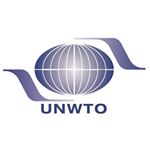
UNWTO strongly condemns hideous attack in Dhaka
MADRID, Spain – UNWTO strongly condemns the hideous attack perpetrated yesterday in a cafe in Dhaka, Bangladesh.
On behalf of the international tourism community, UNWTO conveys its heartfelt sympathy to the families and friends of the victims.
“It was with great sorrow that we learned about this tragic news. We express our sincerest condolences to the families and friends of the victims at this difficult moment” said UNWTO Secretary-General, Taleb Rifai. “This is not an attack on Bangladesh but is once again an attack on our way of life, an attack on freedom”, he added.
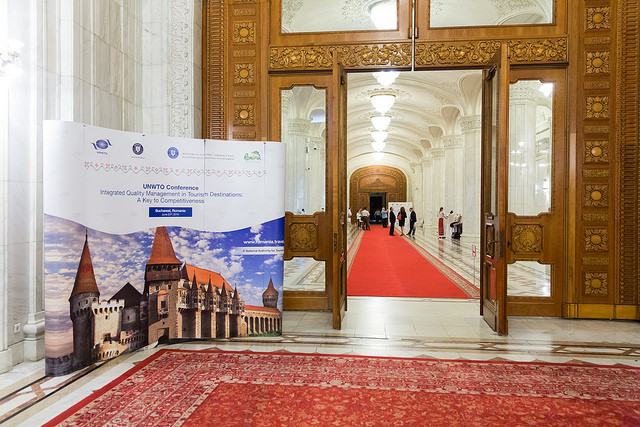
Quality Management key for the competitiveness of tourism destinations
Quality management indicators and processes are key tools for the competitiveness of tourism destinations concluded the UNWTO Conference on Quality Management held last week in Bucharest, Romania.
In that regard, participants to the conference called for an integrated approach to quality management as a priority in long-term strategic planning of Destination Management Organizations (DMOs) at national and sub-national levels.
An integrated quality management approach to destination management contributes to improving the image of the destination, enhances the legislative framework and minimizes operational challenges.
“We live in an increasingly competitive sector. Quality standards provide a framework to guide stakeholders to improve their operations and services along the whole tourism value chain so as to create a complete and positive tourism experience” said UNWTO Secretary-General, Taleb Rifai.
Costin Grigore Borc, Deputy Prime Minister and Minister of Economy, Commerce and Relations with the Business Environment of Romania said “the dynamic changes in the global tourism market require qualitative transformation of nearly every tourism segment within a destination. For tourism destinations to survive, trends that relate to a continuous improvement of the tourism supply quality need to be intensely tracked.”
“Tourism, multi-sectorial by nature, was and still is vulnerable to market turbulence and economic crises. However, it was able to withstand the global economic crisis more than most other sectors, to relaunch as few sectors have been able to, and to quickly recover from periods of temporary weakness” remarked Anca Pavel-Nedea, President of the National Tourism Authority of Romania at the opening of the conference.
The Conference focused on ‘destination quality’ as a step beyond ‘product/service quality’, and provided a showcase for sharing initiatives and good practices in quality management in coastal destinations, protected areas, spa/wellness destinations, urban destinations and cultural heritage destinations.
The 103rd UNWTO Executive Council Meeting held in Málaga last May approved the following definition of Quality of a Tourism Destination, as proposed by UNWTO’s Committee on Tourism and Competitiveness: “Quality of a Tourism Destination is the result of a process which implies the satisfaction of all tourism product and service needs, requirements and expectations of the consumer at an acceptable price, in conformity with mutually accepted contractual conditions and the implicit underlying factors such as safety and security, hygiene, accessibility, communication, infrastructure and public amenities and services. It also involves aspects of ethics, transparency and respect towards the human, natural and cultural environment”.

UNWTO to support Ukraine’s tourism development
UNWTO will work with the Government of Ukraine to support the development of its tourism sector. The cooperation will focus on the areas of tourism statistics, communications and capacity building within the Organization for tourism officials and graduates from the country’s tourism educational institutions. The initiatives were discussed between UNWTO Secretary-General Taleb Rifai and Vice-Prime Minister for Euro-Integration and Euro-Atlantic Integration Ivanna Klympush-Tsyntsadze at the sidelines of the Conference on ‘Destination Branding – keys to building a successful reputation’, organized by the Ministry of Economic Development and Trade of Ukraine in collaboration with UNWTO.
The Conference discussed the impact of technology on destination branding as well as the evolving roles of National Tourism Organizations (NTOs) and Destination Management Organizations (DMOs) in destination branding, in view of current technological and consumer changes. The Conference was preceded by a UNWTO Masterclass on Tourism Destination Branding, which brought together representatives from the various regions of Ukraine.
“Tourism is one of the best areas of investment and income generation,” said Ms Klympush-Tsyntsadze, opening the event.
Ms. Yuliya Klymenko, Deputy Minister of Economic Development and Trade, presented the ten issues the Government will look to address in developing Ukraine’s tourism sector, including the review of legislation, public/private sector partnerships, the creation of a network of regional tourism brands, improving statistics and the liberalization of visa regimes.
During the Conference, Ukraine announced the implementation of visa-upon-arrival measures for Chinese tourists, complementing similar visa facilitation initiatives taken earlier this year for visitors from Australia and New Zealand.
“UNWTO has long been advocating for travel facilitation as a means to promote economic growth through tourism. We welcome very much the decision of the Government of Ukraine to concede visa upon arrival to Chinese tourists, as this is an example of its vision and commitment to tourism development,” said Mr. Rifai. “China is the world’s top source market, with US$ 292 billion spent on travelling abroad last year, and we trust this measure will yield significant benefits to the economy of Ukraine,” he added.

UNWTO strongly condemns the attack in Orlando
UNWTO is deeply shocked by the tragic attack perpetrated in Orlando, USA.
On the behalf of the international tourism community, UNWTO expresses its heartfelt condolences to the families and friends of the victims, to the American people and the LGBT community worldwide in this difficult moment.
“On the behalf of the international tourism community, UNWTO conveys its heartfelt condolences to the families and friends of the victims and expresses its full solidarity with the people and the Government of United States of America” said UNWTO Secretary-General, Taleb Rifai.
“This hideous crime reminds us once again we are facing a global threat and that we need to more than ever stay together, strengthen our cooperation and continue to fight prejudice” he added.
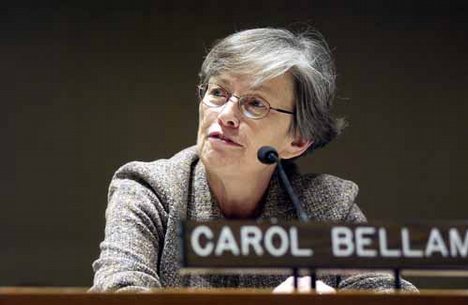
Carol Bellam, Chair of the UNWTO Children’s Network has a message to share
Carol Bellam is chair of the UNWTO Children’s Network
eTN publisher Juergen T Steinmetz had represented the global media on this network for many years. Carol is explaining the role of our Network in addressing the pressing challenges of child protection in tourism on this video.
The video was shot on the occasion of the 17th meeting of the World Committee on Tourism Ethics held in April in Madrid
Carol Bellamy briefed the Ethics Committee oat ITB 2016 and expressed the need to harness the great potential of expertise and best practices championed by the members of the ExCom.
The findings of the Global Study were also conveyed to the Ethics Committee members so they would be able to engage into more research-based advocacy within their respective sectors.
The facts and figures outlined in the Global Study are currently being shared with tourism ministers globally through UNWTO Regional Commission meetings, which should hopefully instigate political decision makers to undertake more concrete preventive actions within their countries.
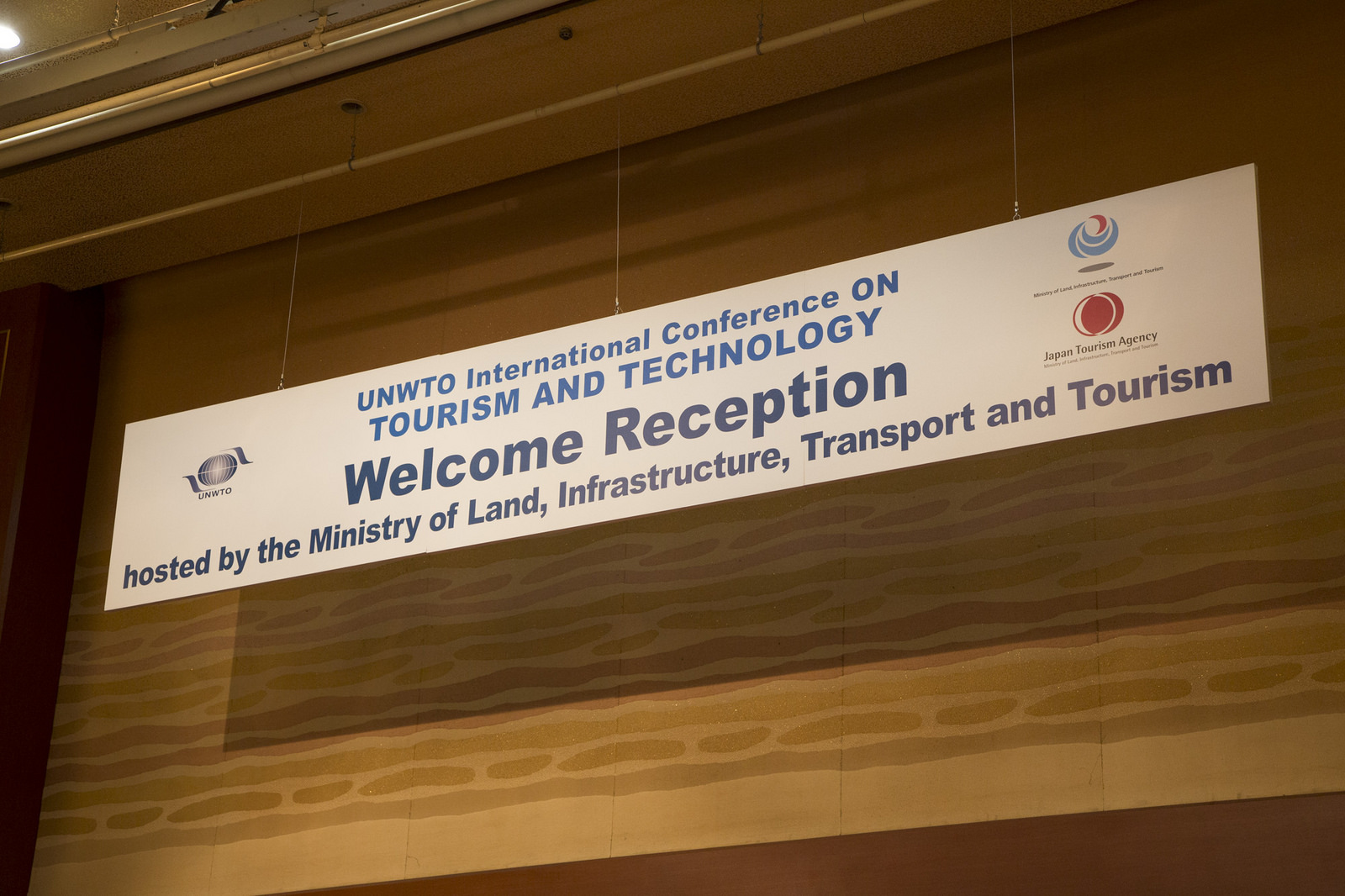
UNWTO addresses the impact of new technologies on the tourism sector in Japan
Over 400 participants from 26 countries gathered in the city of Nara, Japan, to discuss the impact that new technologies are having on the tourism sector and how these can help the sector to further develop at the UNWTO International Conference on Tourism and Technology. It was conducted within the framework of the 28th Joint Meeting of the UNWTO Commission for East Asia and the Pacific and South Asia from 1-4 June 2016.
The 28th Joint Commission’s meeting discussed UNWTO’s Programme of Work for Asia and the Pacific, the link between tourism and security, and the ethical approach of the sector. The Conference was the first of its kind organized by UNWTO to highlight the linkage between new technology and tourism in the Asia-Pacific region in order to examine the current emerging technologies that are of primary relevance to the tourism sector.
As summarised by Akihiko Tamura, Commissioner of the Japan Tourism Agency of the Ministry of Land, Infrastructure, Transport and Tourism of Japan at the Opening: “Our work embraces not only tourism, but also transportation and infrastructure policies that require the latest advanced technologies. Finding out how to raise travelers’ satisfaction levels through various experiences and activities during their travels is a challenging but crucial task for us.”
To this, the UNWTO Secretary-General Taleb Rifai added that “Two major revolutions have marked the last decades: the travel revolution, which has positioned tourism as a fundamental element of our lives, and the boom of new technologies that have changed the game for many sectors including tourism. In both revolutions, nations from Asia and the Pacific have emerged as leaders.”
As estimated by UNWTO, 2030 will witness 1.8 billion international tourists travelling around the world. Of those, 535 million international travelers will visit Asia and the Pacific – a figure which almost doubles the current number of inbound travel to the region. In this framework of continuous growth, innovations brought to the tourism field by technological advances were identified during the Conference as opportunities to enhance the sector.
In this regard, UNWTO Secretary-General Taleb Rifai underlined that the priority areas of the Organization such as making travel safer and more seamless through processes such as the e-visa, improving the quality and competitiveness of destinations and businesses, can be materialized in a better manner through innovation and technology.
Additional topics such as the use of ICTs within the tourism sector, consumer trends and new business models were also debated in the sessions. Mario Hardy, CEO of the Pacific Asia Travel Association (PATA), highlighted the new innovations that are changing the travel industry including crowdsourcing, the sharing economy, 3D printing and wearables, among others.
On the future impact of new technologies in the tourism sector, Yuri Furusawa, Vice-Commissioner of the Japan Tourism Agency, mentioned that “Technological progress is enabling people to travel more easily, and we now live in an era in which, each year, 1.2 billion people enjoy overseas trips. Travel encourages direct human and cultural exchange, creating a basis for people to learn more about the importance of each other’s cultures and lives, and to live in harmony. Technology has made an immeasurable contribution to such developments.”
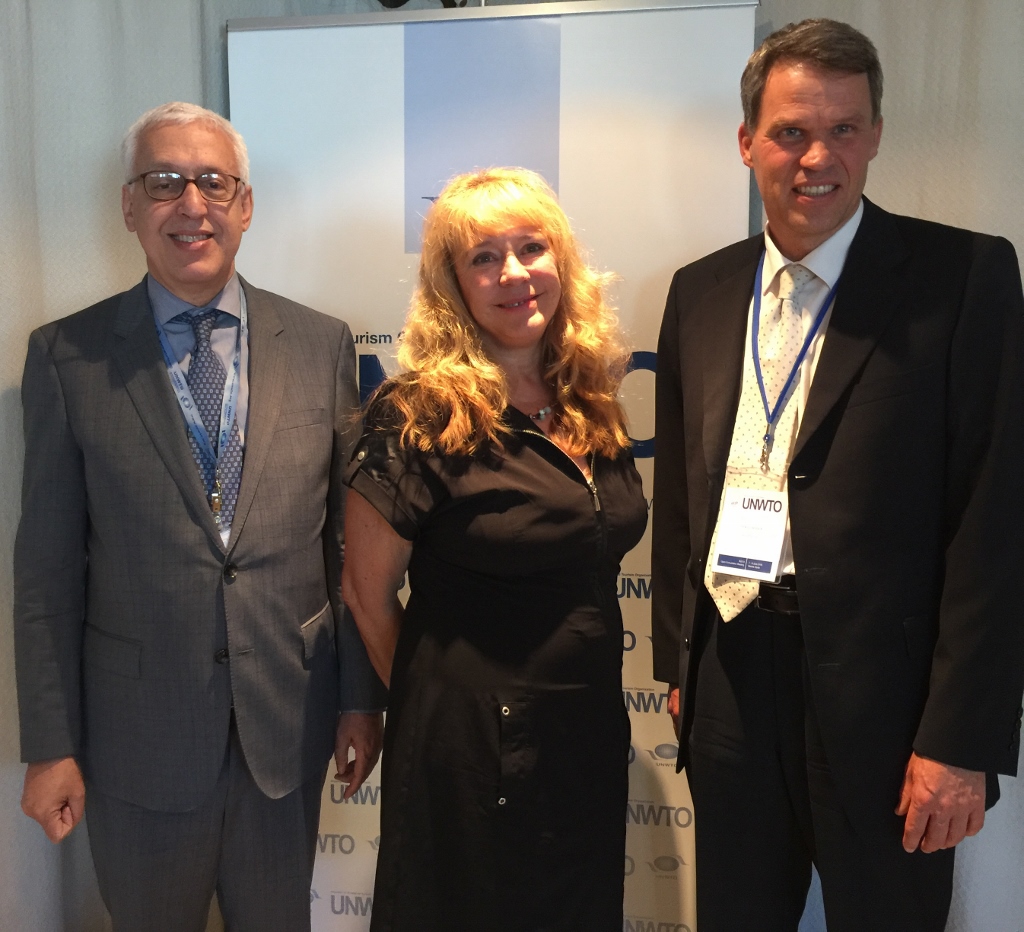
Symposium on UNWTO Sustainable Tourism Observatories nets new knowledge
With this Open Consultation Meeting, UNWTO sought to engage, share and discuss views, experiences and opportunities in measuring, monitoring and assessing tourism impacts at the destination level in preparation of the 2017 International Year of Sustainable Tourism for Development and to advance the agenda of sustainable and resilient tourism development.
Opening with a dynamic keynote by Executive Director Dr. Marcio Favilla who focused on new initiatives utilizing new means of data collection and analyses. Dr. Xu Honggang led the “Experiences from the Observatories” session sharing the wealth of experience which the team from Sun Yat-Sen University in China collected when they developed the first and to this day largest network of tourism observatories with UNWTO.
Other speakers included Rosa Ruvalcaba Benitez and Claudia Betancourt, associated with Guanajuato Tourism Observatory which has had great success in involving local stakeholders including 25 local organizations in the data gathering processes.
Michael Dodds, who directs the Regional Tourism Committee of Brittany France – an area which has done a brilliant job of attaining strong brand recognition discussed exploiting their niche markets such as sailing and cycling, both of which are notably limited carbon activities.
Roger Lang CEO of Predicta Cognitive Commerce Cloud beamed in to discuss how Silicon Valley ingenuity and UNWTO can accelerate the growth of sustainable travel.
The Symposium segued into discussions of the progress on indicators and measurement… initiatives and instruments, presentations on embracing big data, monitoring visitor satisfaction for effective destination strategies, analyzing mobile device info, each point presented by thought leaders from companies such as Amadeus and ReviewPro.
The conference concluded June 8 with an analysis of three aspects of Sustainable Travel: the Economic dimension, the Socio/Cultural dimension (an area several of the new Observatories being developed are planning to focus on including the recently formed Coalition to Observe and Advance Sustainable Tourism in Sonoma, California) and the Environmental aspect chaired by Dr. Ted Manning president of Tourisk,inc who brought a breadth of experience from his background consulting in destinations worldwide.
The host of the conference, Dr. Dirk Glaesser, director of the Sustainable Development Programme, closed saying that the goal is to “make Observatories around the world an absolutely normal thing”.
PAMELA LANIER
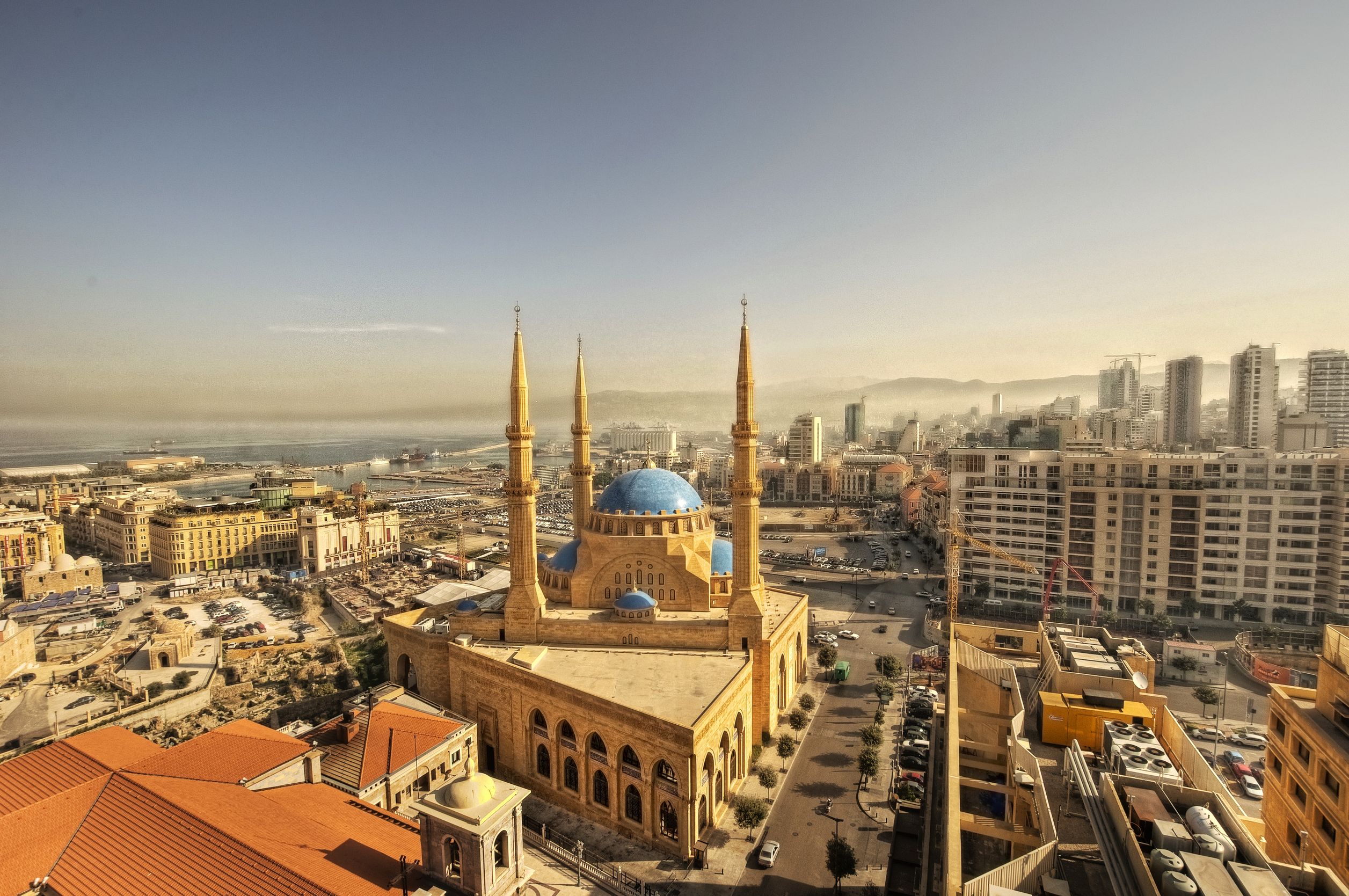
Tourism’s capacity to connect cultures discussed in Lebanon
The increasing relevance of religious and cultural tourism and the opportunities it offers to link the countries in the Mediterranean was the focus of a series of events on ‘Connecting People and Cultures through Tourism in the Mediterranean region.’ The events held in Maghdouche and Beirut, were organized by UNWTO and the Ministry of Tourism of Lebanon.
The first event – a round table on religious tourism, with the participation of CNN’s John Defterious – explored the challenges and opportunities for the development of religious tourism routes in the Levant as well as cross-country pilgrimages and networks of religious tourism destinations as effective means to foster regional development and integration, cross-cultural exchanges, understanding and self-education and learning.
“Never before have so many people visited so many places and seen so many diverse cultures, traditions and faiths. Religious tourism can in fact be one of the most effective tools to foster mutual understanding and sustainable development” said UNWTO Secretary-General, Taleb Rifai opening the roundtable.
The meeting, held in Maghdouche, was followed by a ceremony organized by the Lebanese Ministry of Tourism marking the launch of ‘our Lady of Mantara’ as a destination for international religious tourism.
The second day was dedicated to the meeting of the Working Group of the Phoenicians´ Route Cultural Tourism Programme.
Michel Pharaon, Minister of Tourism of Lebanon, said “the Phoenician Route has cultural, humanitarian and tourism benefits, for Lebanon and 17 other Mediterranean and European Union countries while fitting UNWTO’s objectives, which has adopted this vital regional project.”
“The Phoenician route is widely recognized not only as a historical cultural and trade-based itinerary, but also as an initiative to interconnect all the diverse backgrounds existing in the region since ancient times. We are upon an unprecedented occasion to revive the identity of the Mediterranean and its tourism sector so that all societies in the region can capitalize the immense opportunities that it brings to 18 participating countries and tourism destinations across more than 2800 kilometers in terms of economic development and job creation,” said Mr. Rifai.
The events counted with the participation of the Ministries of Tourism of Lebanon, Palestine and Egypt and international organizations such as UNESCO and ASCAME. The Council of Europe was represented by Stefano Dominioni, Director of the European Institute of Cultural Routes (EICR) and Executive Secretary of the Enlarged Partial Agreement (EPA) on Cultural Routes of the Council of Europe who expressed the full cooperation of the Council to the development of the Phoenicians´ Route as a cultural tourism programme.
The meeting concluded with the four key areas of focus as next steps: 1) the development of itineraries, 2) involving local communities, 3) joint marketing and promotion, and 4) travel facilitation.
The Phoenicians´ Route Cultural Tourism Programme provides a valuable opportunity to build upon the existing cultural route and facilitate the development of a strategic plan for tourism itineraries, engaging stakeholders in the region and encouraging the alignment of resources and funds for tourism product development, capital projects, visitor experiences, marketing and promotion.
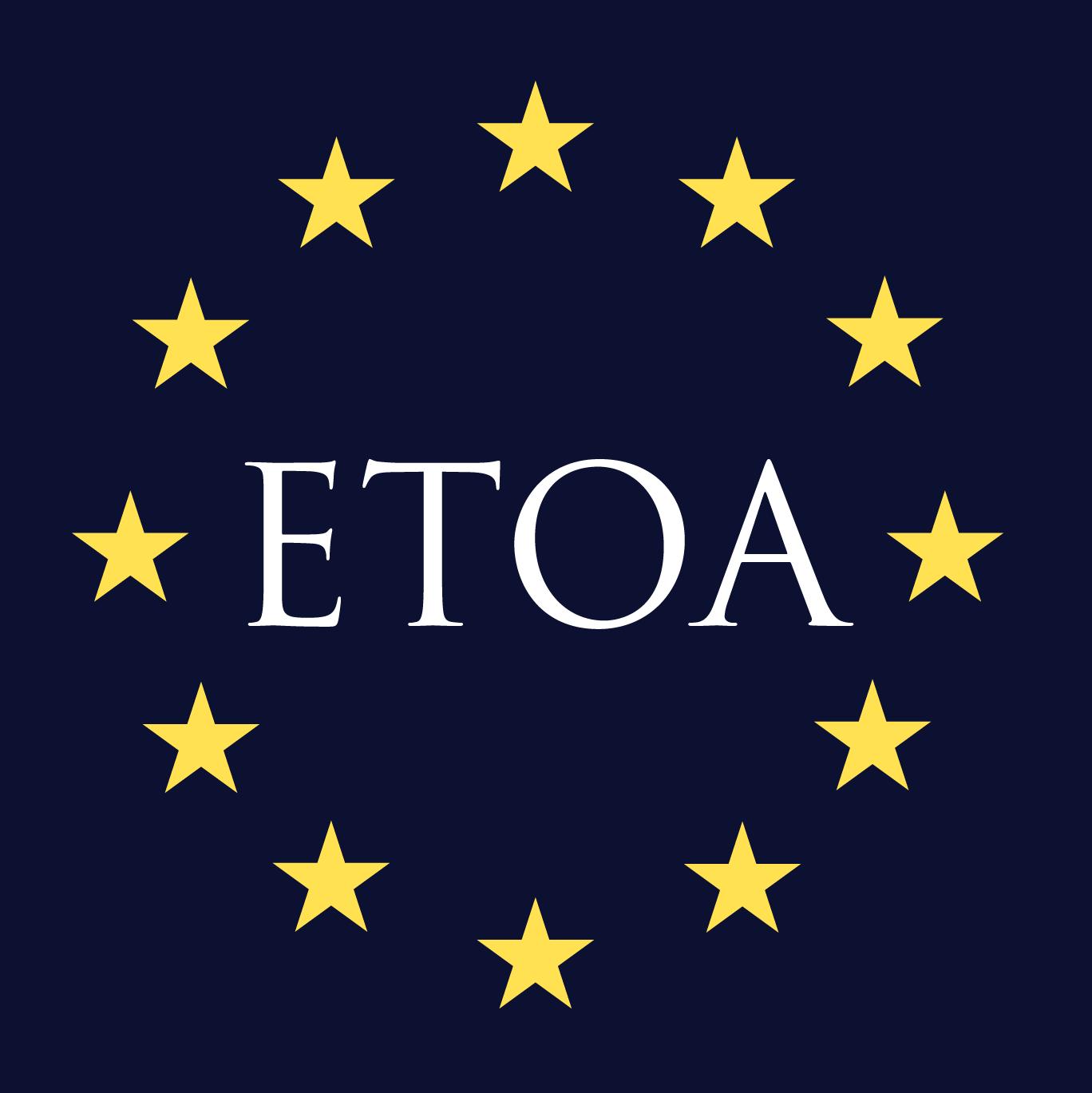
Summer is Coming In – ETOA Reaction to State Department Alert
Much coverage has been given to the US State Department’s issuing of a travel alert for Europe on May 31st.
In it they point out that Europe hosts “major events”, has “tourist sites”, sustains “restaurants”, has “commercial centers” and that there is also transportation. In particular, they note that two large events are occurring (the European Football Championship in France and the World Youth Day in Poland); and that both these events will cause disruption, some of which will be security related.
“The large number of tourists visiting Europe in the summer months” they caution “will present greater targets for terrorists planning attacks in public locations, especially at large events.”
John Kirby of the State Department explained “We took the opportunity, because it’s the beginning of summer, to make our concerns known.”
“I’m not aware of any specific, credible terrorist event around these events or in any particular place in Europe. This was issued … based on an accumulation of information,” he said.
There are several things to note about this release. Firstly, that it is an “Alert”, not a “Warning”. The latter are recommendations not to travel: what we have here is a general airing of unfocussed concern.
Secondly it is effectively a re-issue of the alert that was issued on March 31st after the Brussels attacks. Its recommendations (“Exercise vigilance..avoid crowded places…stay in touch with your family etc”) are the same.
There is no change in status: Europe was the subject of a Travel Alert last month.
Thirdly it recognises that countermeasures are in place, albeit with an alarmist twist: “European authorities continue to take steps to assure public safety and disrupt terrorist plots”.
“What is missing here is any recognition of comparative safety,” said Tom Jenkins of ETOA. “Eighteen of the top twenty safest countries in the OECD list are European1. The homicide rate in Germany is 0.5, France is 0.6 and the UK is 0.2; in the United States it stands at 5.2. Even if the State Department were to switch its gaze from violent death to traffic accidents, it would see that the US is behind on that score too . Europe is manifestly the safest region on earth.”
“It is always puzzling as to the purpose of these announcements. Such assertions would normally require a strong imagination. The declaration that high season tourists “present greater targets for terrorists” is seems purposefully irksome. This identifies a victim group, on the basis of no specific or credible information. Among the 500 million people who live in Europe, it is the tourists who have been picked out as being subjects of terrorism “because it’s the beginning of summer”.
“It has long been recognised that terrorism is a message system, and how we work to counter the mental threat of terrorism is a vital part of the counter-terrorism strategy. The announcements from the State Department seem to be doing the terrorists work for them.”
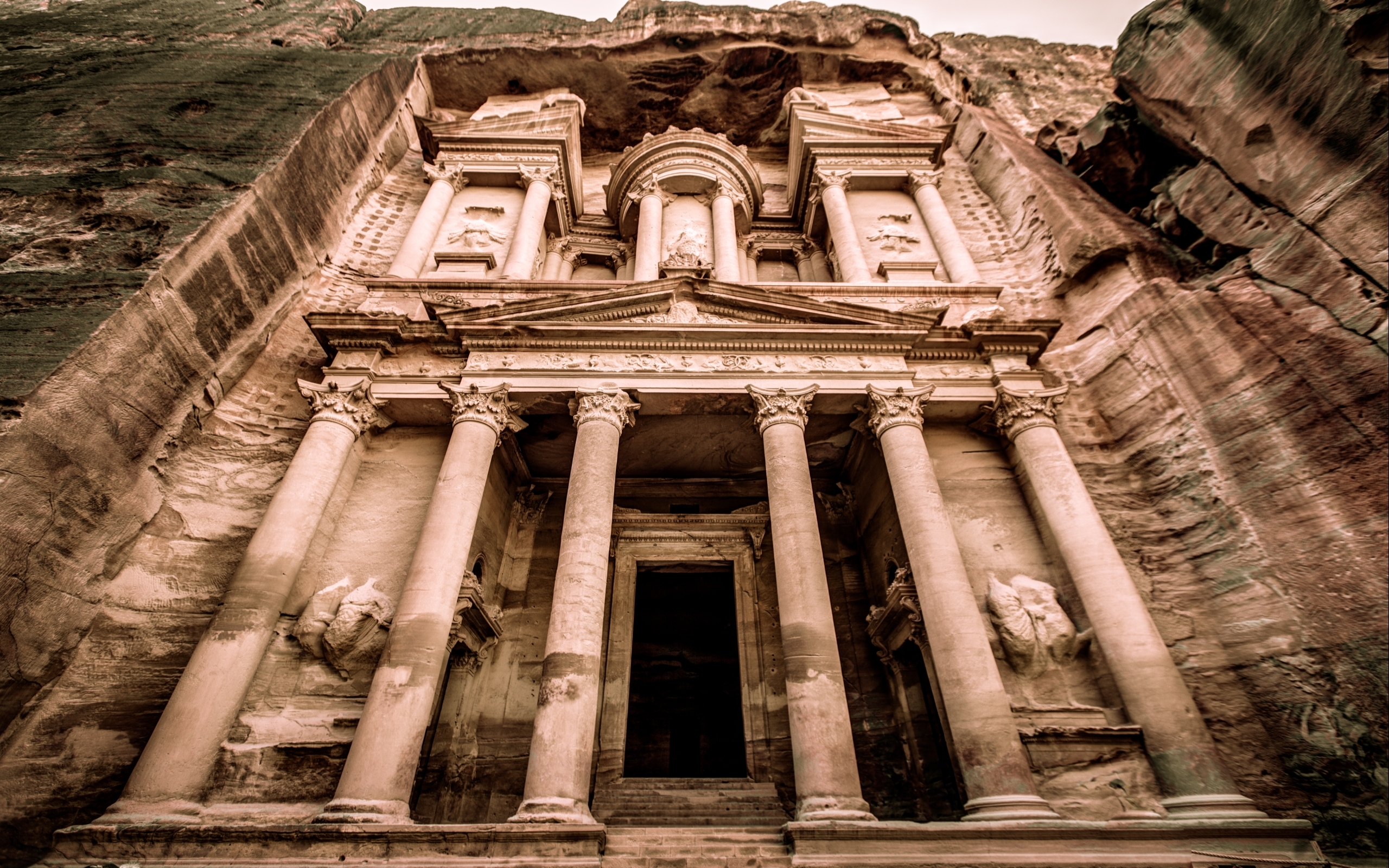
UNWTO and the Petra National Trust partner to promote sustainable tourism
A Memorandum of Understanding (MoU) has been signed by UNWTO and the Petra National Trust (PNT) with the aim to promote sustainable tourism policies in cultural tourism, to develop capacity building and knowledge sharing, and to conduct educational actions. The agreement was signed in Beijing, on the occasion of the recent First World Conference on Tourism for Development.
The MoU was signed by UNWTO Secretary-General, Taleb Rifai, and the President of PNT’s Board, HRH Princess Dana Firas
“The work developed by civil society organizations on the protection of heritage is a fundamental part of the tourism sector, and essential for the design and implementation of sustainable tourism initiatives involving and benefiting local communities. This agreement builds upon this principle,” said Mr. Rifai during the signing ceremony.
“This partnership agreement marks a new milestone for the Petra National Trust and will serve as the framework for joint cooperation between us. PNT will work closely with UNWTO to place preservation of culture and heritage at the centre of tourism development, and to expand PNT’s innovative cultural education and awareness programmes to local communities internationally. We thank UNWTO for their support and endorsement and look forward to a most fruitful partnership,” said HRH Princess Dana Firas.
Additional information:
Petra National Trust is Jordan’s oldest non-profit governmental organization for the preservation of national cultural heritage with a focus on the World Heritage Site of Petra.


